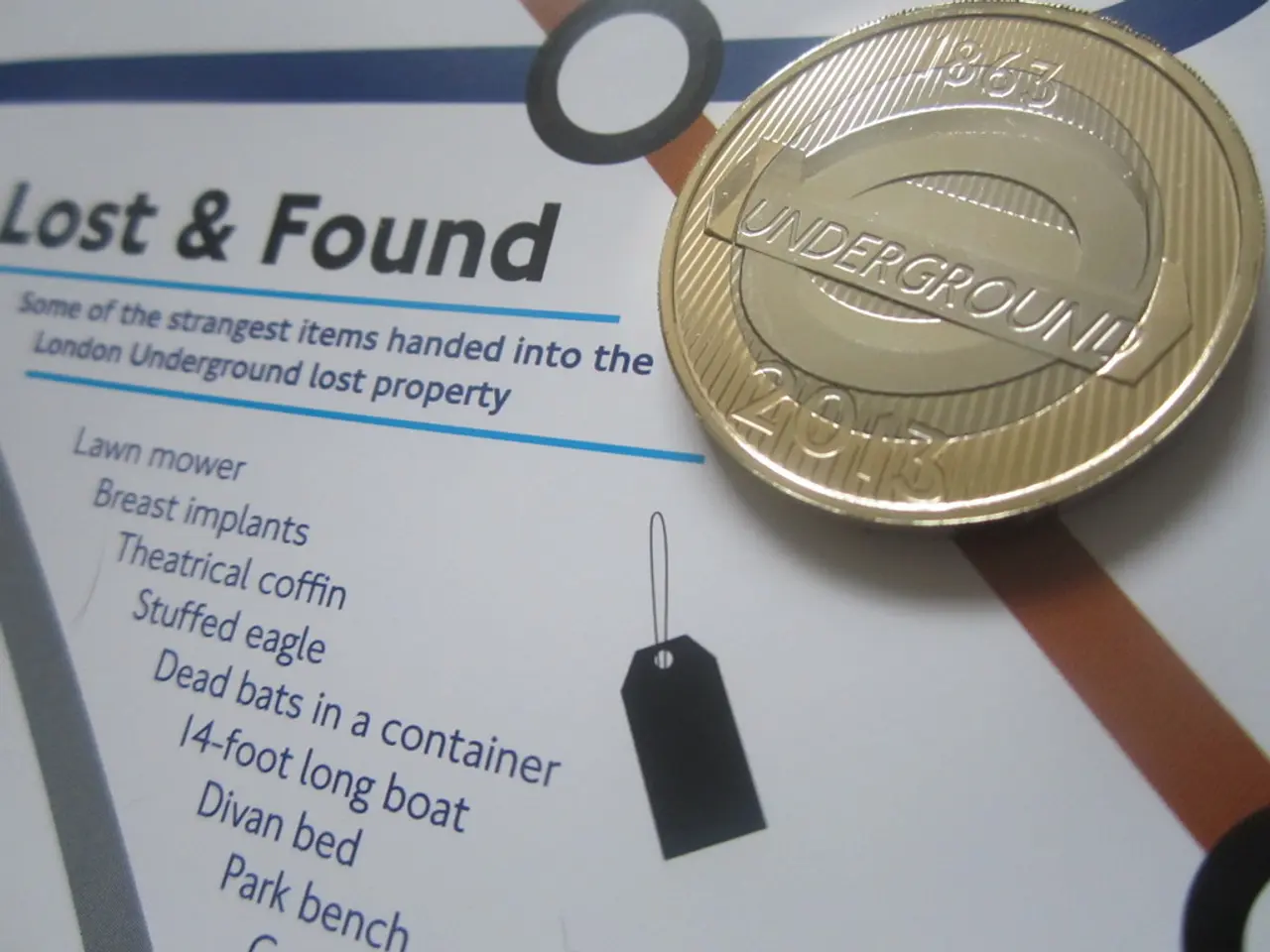Companies are profiting from the shift towards sustainable energy solutions in the form of green technologies
In the realm of sustainable development, Russia is making strides in embracing green practices, particularly in the construction sector. However, compared to Western Europe and North America, the adoption of green technology remains relatively limited.
One significant development in 2022 was the establishment of a "green standard" (GOST R) by the Russian government for assessing residential buildings. This standard allows buildings that meet the criteria to obtain a GOST R certificate, classifying them as green structures.
Companies like "RusHydro," which operates large hydropower plants, are leading the charge in modernizing their facilities to confirm their green, renewable, and carbon-free electricity production. Similarly, Uralchem, a major fertilizer producer, has a certificate of conformity for its mineral fertilizers and uses the 'Green Standard' trademark on its product packaging.
The drive towards sustainability is also evident in the issuance of ESG bonds and digital financial assets. Between 2022 and 2024, a total of 17 ESG bonds and one ESG digital financial asset worth 190 billion rubles were issued.
However, the specific status of green certificates, financial instruments that confirm companies' use of renewable energy sources, remains under-documented. While a private deal for buying green certificates took place in 2024, comprehensive state-supported incentives or certification schemes are minimal compared to more advanced renewable markets.
Developer company "FSK Region" is one of the few that have benefited from the green mortgage program, which gave them a 2% reduction from the current project financing rate. Similarly, "DOM.RF" issued a green mortgage bond worth 5.5 billion rubles in 2022.
In terms of green technology implementation, companies like "Leman PRO" are committed to responsible supply chains, improving product offerings for sustainable development, and have achieved significant milestones. For instance, by 2022, 85% of "Leman PRO"'s wood-based trade products were certified under the international FSC system.
Anna Bobrova, director of sustainable development at "Leman PRO," sells around two billion construction and repair goods annually in over a hundred stores across different Russian regions. The company's Green Products Strategy outlines recommendations and requirements for products throughout their lifecycle. All of "Leman PRO"'s suppliers sign the ethics and responsible partnership code, outlining their commitments to environmental protection and human rights.
In conclusion, while clean energy policies and incentives are advancing in countries like the U.S., the specific status of green certificates and green technology implementation in the Russian construction sector remains under-developed. Consulting Russian government, industry reports, or specialized renewable energy market analyses from 2025 would provide the most precise and up-to-date data on this topic.
- While Russia is progressing in sustainable development, particularly in the construction sector, the adoption of green technology is still lagging behind Western Europe and North America.
- Companies like RusHydro and Uralchem are leading the way in modernizing their facilities to produce green, renewable, and carbon-free electricity, as well as using green standards for their products.
- The drive towards sustainability is also seen in the issuance of ESG bonds and digital financial assets, with a total of 17 ESG bonds and one ESG digital financial asset worth 190 billion rubles having been issued between 2022 and 2024.
- However, the specific status of green certificates, which confirm companies' use of renewable energy sources, remains under-documented, with minimal state-supported incentives or certification schemes compared to more advanced renewable markets.




